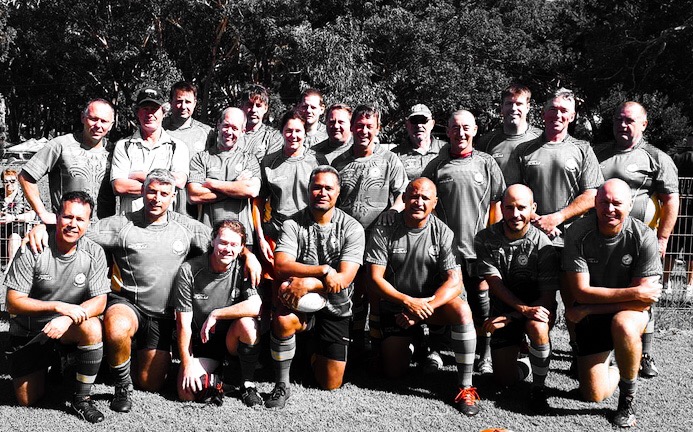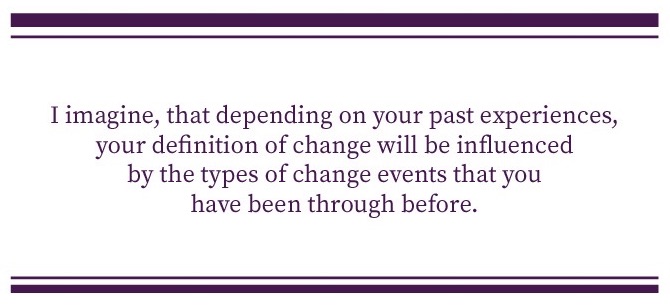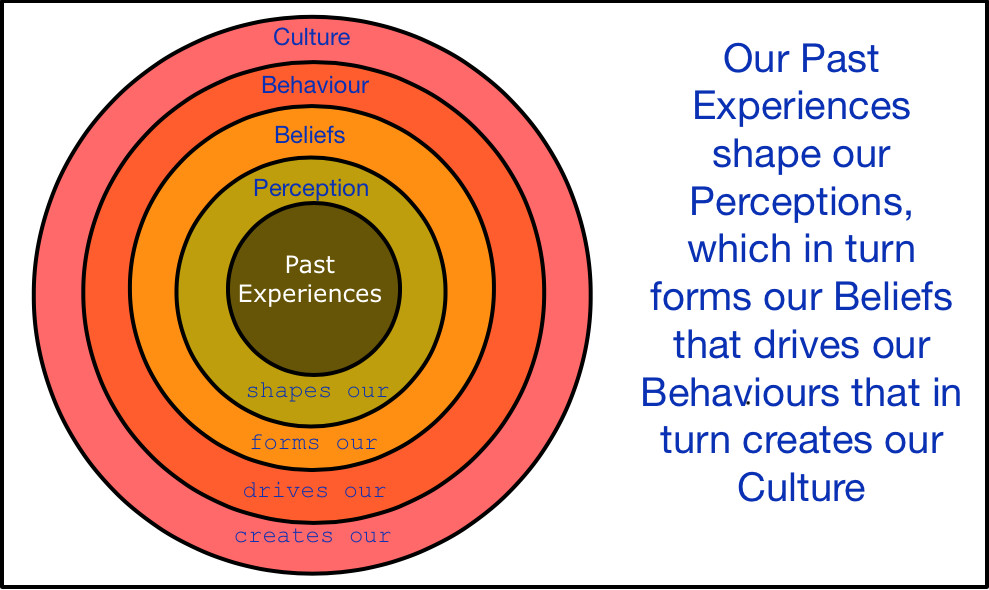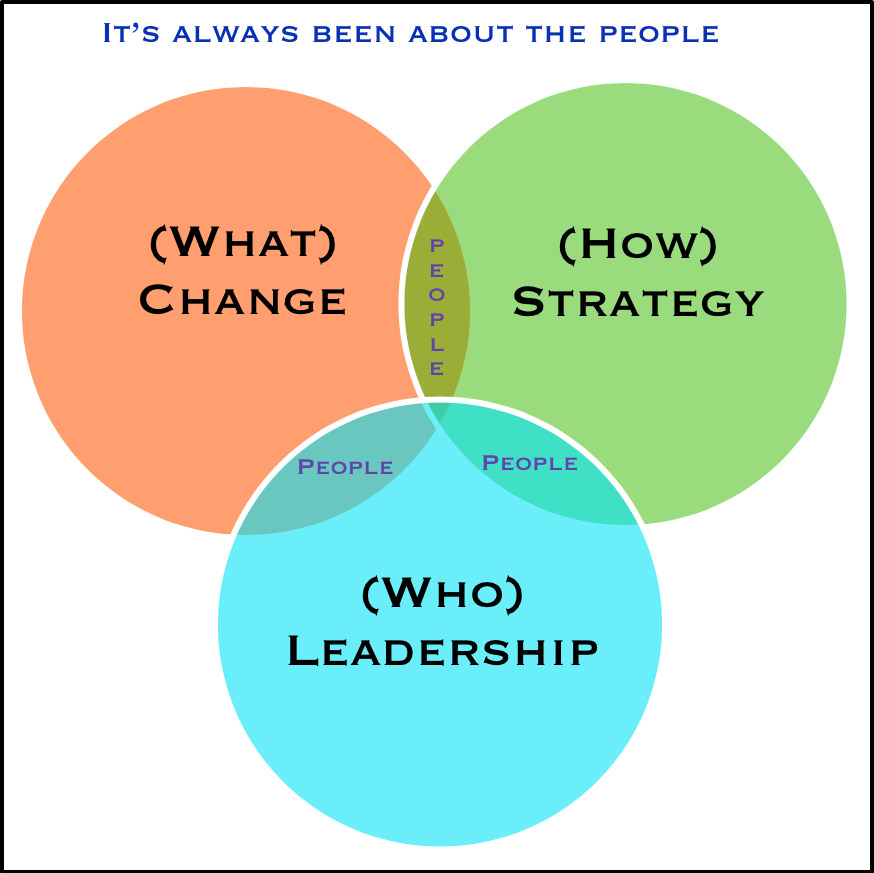A picture tells a thousand stories. What picture are your actions telling?
Part of the work that I do includes conducting culture audits and facilitating culture workshops – fixing a toxic culture to be exact.
When I probe further into these cultural issues, the root cause is always due to a change of some sort. A new law, new system, new process, new structure, new strategy, a new colleague etcetera.
In this case, I’m going to focus on a sport that is very close to my heart to provide some context – Rugby.

When I facilitate workshops on building a high-performance culture, I start by asking what the culture is like? The answers are generally very positive. Terms such as teamwork, mate-ship, positive outlet, connection and so on are used to describe the culture.
Yet, when I re-frame the question and ask, what the behaviours are like towards helping with preparations, towards opposition supporters, towards the referees and opposition players and their own behaviour as players towards the referee – the language changes.
Often there are justifications like – I don’t have time to help or that some people only curse at the referee because they don’t agree with a law interpretation, or that some supporters heckle the opposition players and call out nasty slurs because they are dirty players or that some players argue with the referee because the ruling was wrong.
I then ask whether someone within their team intervenes to call that behaviour out?
Often there is silence. A moment of realisation or shame perhaps?
Frame of Reference
Before we explore why some people cope better than others, let’s have a look at the definition of change.
Let’s start by talking about our feelings first shall we. When you hear the word “change”, what sensations and feelings does your body manifest?
Pause for a minute and think. Most importantly though – feel the sensations that you experience before you read on.

I imagine, that depending on your past experiences, your definition of change will be influenced by the types of change events that you have been through before.
I would suggest that those events have shaped your perceptions. A frame of reference if you like or the lens in which you see things and the world around you.
Change comes in all forms and is usually associated with an event, like falling into or out of love, losing a loved one, transitioning from one career to another (either by choice or force) or welcoming kids into your life etcetera.
“Change is the only constant” according to the Greek philosopher Heraclitus. I can’t speak for you, but those words have been true throughout my own life experiences – some of which you can read about here and here!
Regardless of the change event that you have been through or are going through right now, I am certain that you will be going through a variety of feelings which are either positive and/or negative.
So then, why do some of us appear to handle change better than others?
Self Reflection
In short, based on my personal experience, I believe it comes down to self-awareness.
Or another word to use is “self-actualising” which is defined by Human Synergistics (creators of The Circumplex tool for leadership & culture development) as “a way of thinking that results in the highest form of personal fulfilment”.
However, I prefer to use the term, self-reflection! This is my preference because it requires action in the reflection rather than just being aware. Self-reflection, as defined by the dictionary, is “the activity of thinking about your own feelings and behaviour, and the reasons that may lie behind them”.
In reality, when you self-reflect, you realise that what you deemed as failures are just different outcomes that you did not plan for but can use as learning opportunities.
Our Experience Matters

So why do we do the things that we do?
I believe we do them because of what we have learnt from our past experiences.
Dr John Dewey’s theory on experience supports this view. The core of his theory was two-fold.
Firstly, that what we do in the present becomes an experience that will affect our future. Secondly, that our present experience is influenced by our past experiences.
I would go further though to suggest, that those experiences shape our perceptions that end up forming our underlying beliefs, which in turn drives our behaviours as per my perspective model above. Ultimately, these behaviours then create our environment and norms – in other words, our culture.
This view is supported by Dr Bruce Lipton’s work on stem cell research which concluded, that our perception drives our behaviour as published in his 2005 book called The Biology of Belief.
What’s the Impact?
In 2014, a paper by Deloitte noted that Change Management had been a profession in its own right for 30 years, however, 60-70% of changes still failed and it hasn’t gotten any better since the 1970s till now.
In the business world, when change is mentioned, methodologies like ADKAR come to mind. For those that are not familiar with this change methodology, the acronym stands for Awareness, Desire, Knowledge, Ability and Reinforcement. I’m not going to go into any detail about it here, however you can learn more about it at the Prosci website.
Many of the change methodologies around today including ADKAR, point out that leaders need to understand that people are at the centre.
I agree that it’s always been about the people as per my change model above and I would go a step further.
As mentioned earlier, our ability to cope with change comes down to our own ability to self-reflect. That our perception drives our behaviour.
At some point, we have to own our part in the change process whether this is in a professional or personal setting.
In a professional setting, often the blame for failed projects is laid at the feet of those that are leading (managing) these projects. When there is resistance, the negative behaviours expressed are often directed towards change managers.
But aren’t they people too?
They might be implementing/leading that particular change project, but aren’t they trying to do their job as best they can also?
My own experience in a career spanning 20+ years with the most recent 10 in organisational transformation has taught me, that my own behaviour towards change whether I am affected by them or implementing them – have directly contributed to the environment around me – both positive and negative.
I wonder then, how many of us take time to pause and reflect on the part that we play in any change including personal changes like a relationship breakdown.
What impact does your own behaviour have on the culture around you?
There’s an old analogy that asks – when you notice a fire brewing, do you run in with a bucket of FUEL or bucket of WATER? The outcome depends on your choice and actions.

Our own behaviour contributes to our environment and our norms – our culture if you like regardless of whether you are in a formal leadership position or not.
Conclusion
Understanding and acknowledging that our past experiences (opportunities for learning) shape our perceptions. They, in turn, form the beliefs that drive our behaviour – directly influencing the culture around us.
When we understand this, we recognise our own responsibility and can then embrace change.
At the end of the day, the outcome will always depend on our own behaviours and actions.
















